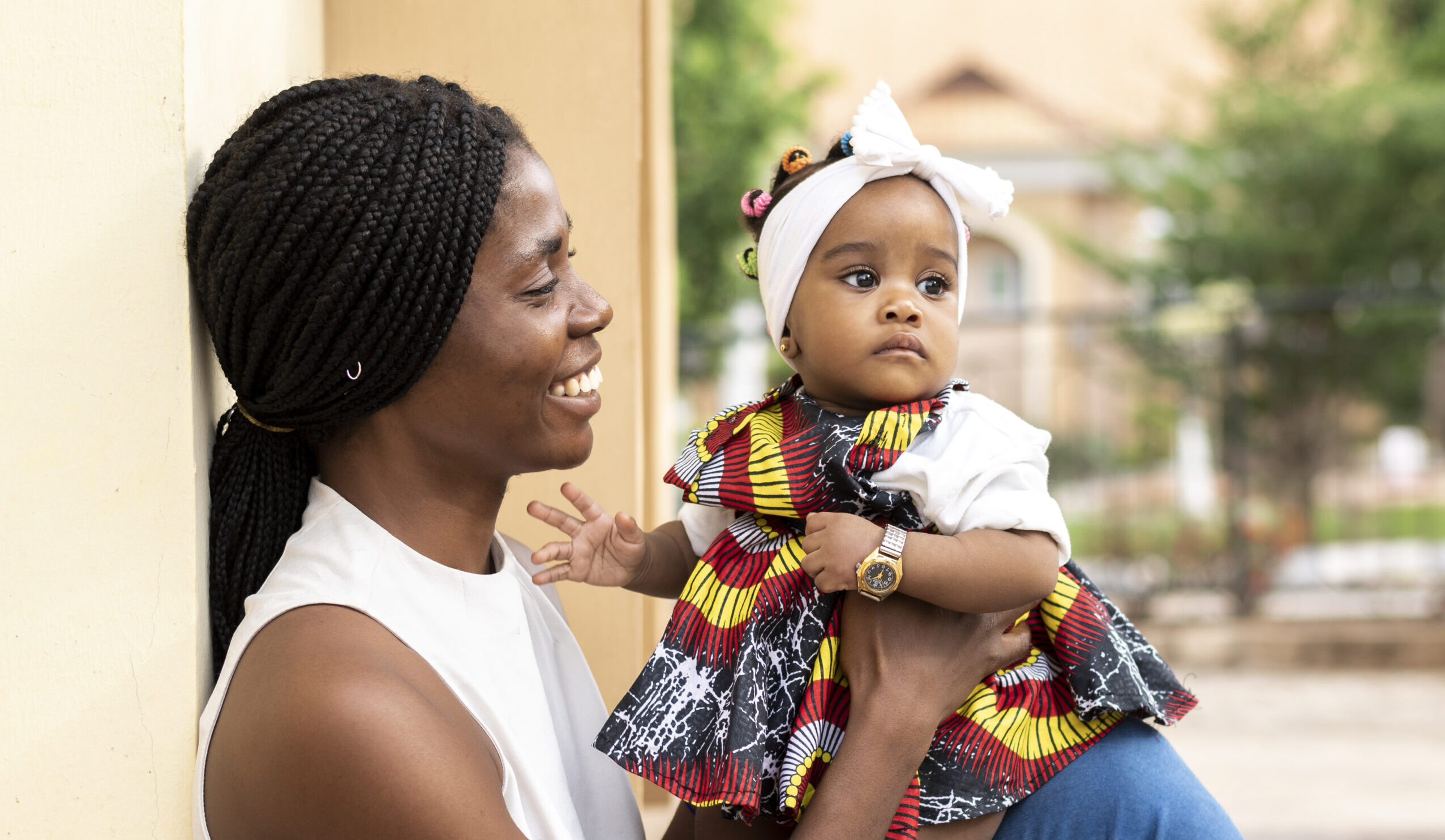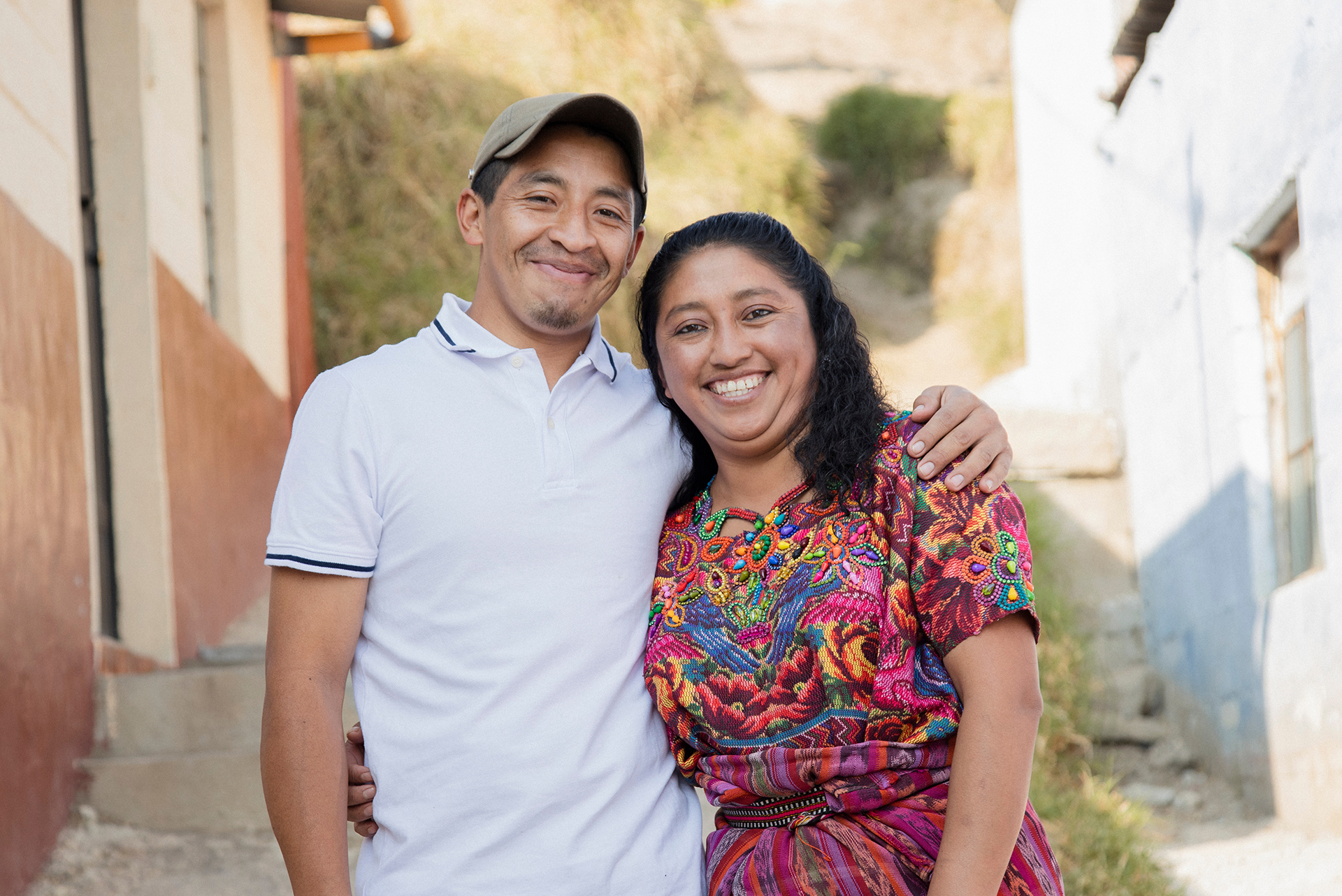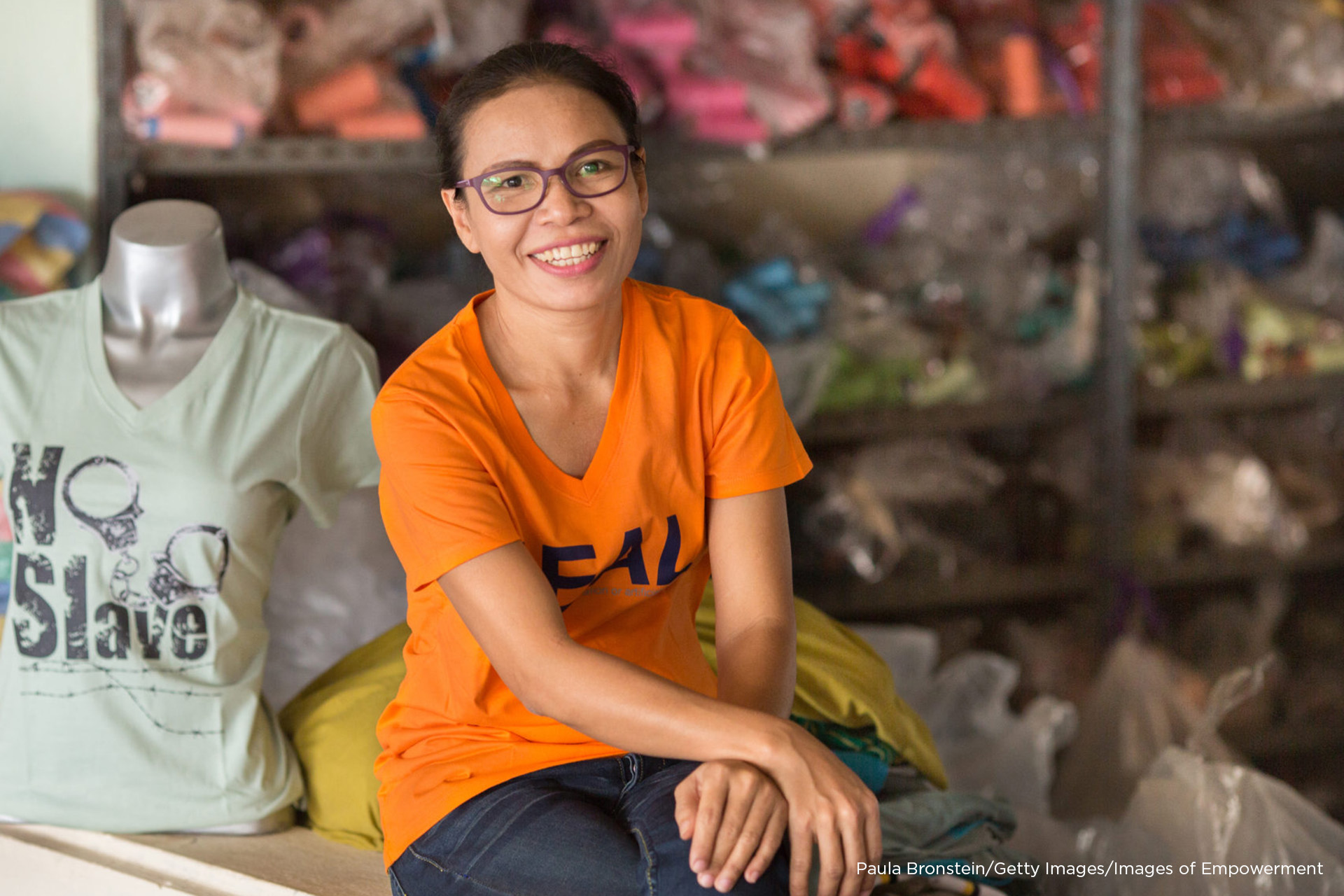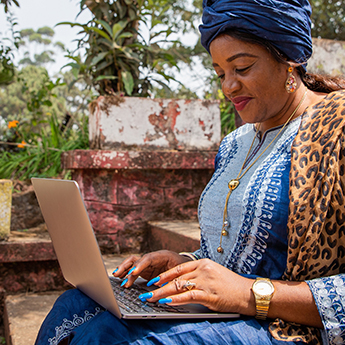About FP2030
Working together to advance family planning around the world.

FP2030 is the only global partnership focused on family planning. This singular focus unites a wide range of partners across disciplines and sectors. Together, we’re putting family planning at the center of global health, development, and gender equality.


A partnership with FP2030:
Equips governments with the ability to invest in transformational progress
Increases healthcare and family planning for citizens worldwide
Serves as an opportunity to join a global community of leaders, advocates, and implementers

FP2030 Focus Areas
FP2030’s key initiatives can be understood through our agenda-driven Focus Areas, which focus on a wide variety of essential issues, including:
Reproductive choice
Autonomy and empowerment
Gender equality









